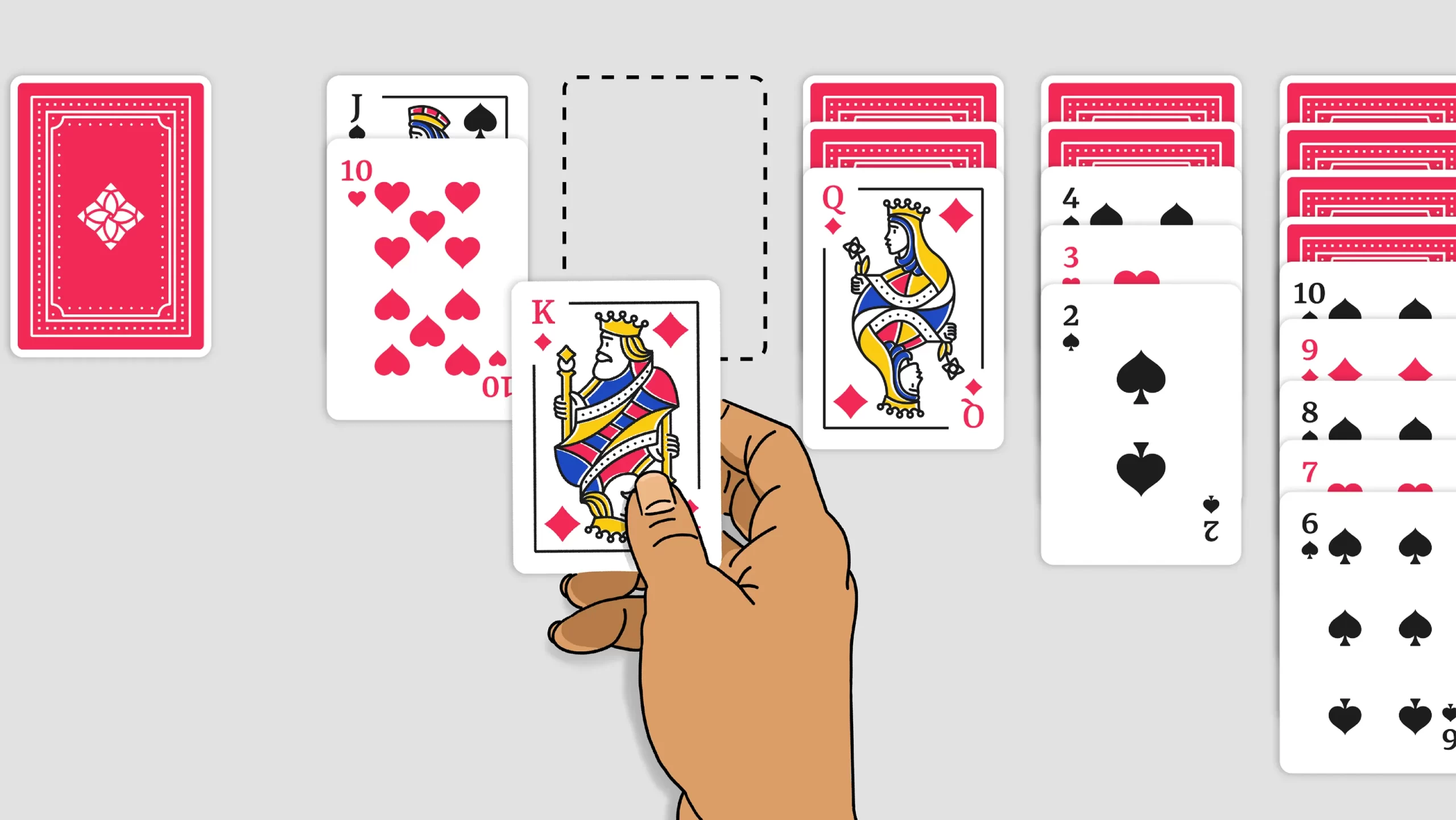Card games have quickly become one of the most sought-after video gaming genres, both solo and multiplayer-focused. Their increasing popularity has spurred an explosive boom market for online card-based games.
Team-based card games can bring coworkers closer together over common challenges. Many organizations have recognized these games’ ability to increase productivity.
Collectible card games
Collectible card games have been around since ancient Rome; digital versions began gaining momentum during the 1990s. Since then, they have become an essential component of gaming culture – and still remain so today! Combined with online and augmented reality gaming technologies, their future looks even brighter!
Digital collectible card games contain many cards with powerful gameplay effects that game designers often restrict in order to balance the game – although this could have negative repercussions for player experiences overall.
Many digital trading card games feature a secondary market in which players trade and resell rare cards for profit – these cards can often fetch hundreds of dollars on this secondary market, and some collectors have even turned it into full-time professions – which has helped increase digital trading card games’ popularity.
Solitaire
Solitaire is one of the world’s most beloved card games, and it provides numerous psychological health benefits. Notably, it helps refocus the mind after an exhausting day, improve attention span and concentration and help alleviate anxiety by teaching people how to focus on themselves without being distracted by external factors.
Solitaire also promotes critical thinking by teaching players how to analyze and solve problems while making sound decisions under pressure – invaluable skills that will prove useful both professionally and personally in daily life situations such as dealing with projects at work or troubled relationships.
The game also teaches players to focus on multiple elements at once, like cards and stockpile. This increases multitasking capabilities and improves problem-solving abilities; additionally, this type of relaxation provides a light meditative state.
Multiplayer games
Card and board games have traditionally been seen as distinct from video gaming; however, since the turn of the twenty-first century they have found ways to integrate both analog and digital experiences seamlessly.
Multiplayer games became immensely popular, enabling gamers to collaborate even if they weren’t physically in the same room. Early pioneers of this type of game include MUDs developed at University of Virginia during the 80s that enabled competition over networks with ASCII graphics.
Later, these multiplayer games progressed into massively multiplayer online (MMO) gaming – an Internet-accessible form of gaming which enables users to connect with other players real time – becoming part of a billion-dollar video game industry. Thanks to this ongoing innovation and its rapid proliferation, new CCGs are being created every day, giving gamers plenty of options from which they can choose their favorites.
Strategy
Hearthstone currently leads the digital card gaming industry at over $1.4 billion, but that figure could grow as more developers experiment with different game mechanics and ways to make their games more engaging and fun. Some even experiment with mixed reality gaming like Faeria which marries card-driven combat of CCGs with physical grid spaces for real-time battles as well as dodging, sprinting and dodging tactics that move your cards into advantageous positions more quickly than traditional CCGs do.
Digital collectible card games tend to be free-to-play and monetized through booster packs, similar to loot boxes in terms of potential addiction and some players have even suggested they should be considered gambling. Some developers have modified their booster pack systems; Valve’s Artifact for instance features non-fungible tokens (NFTs) which represent real cards rather than simply buying booster packs directly.





